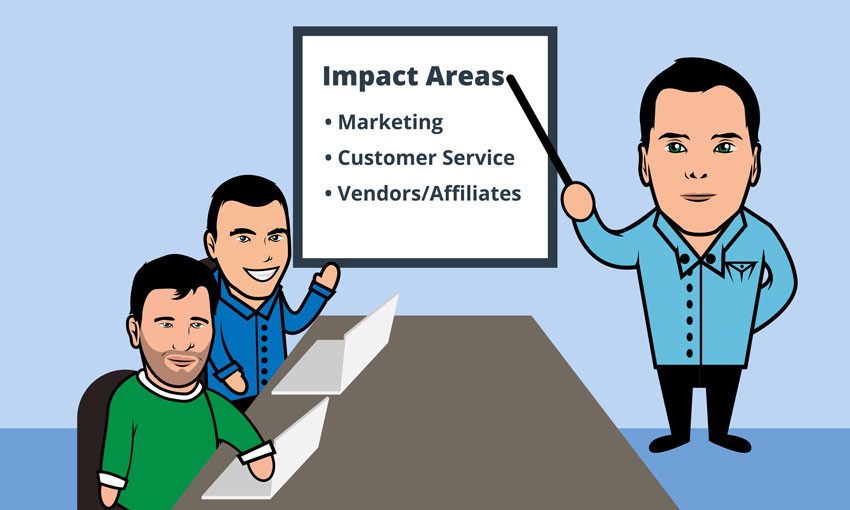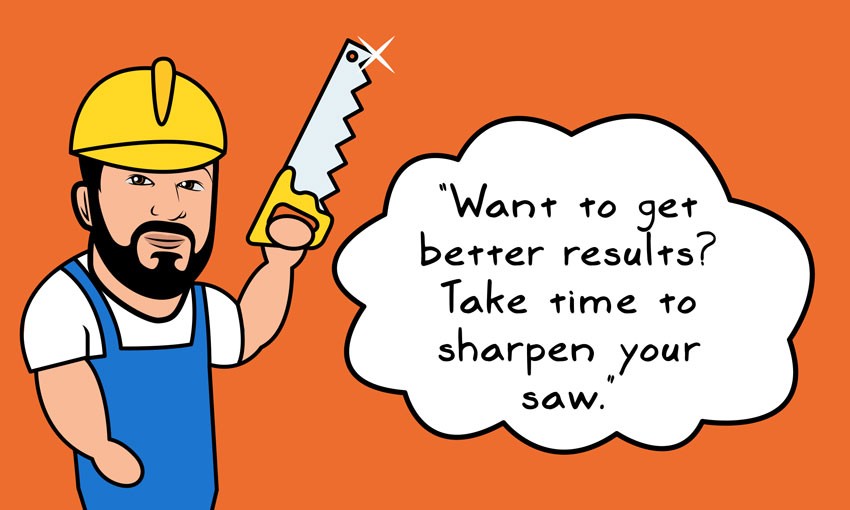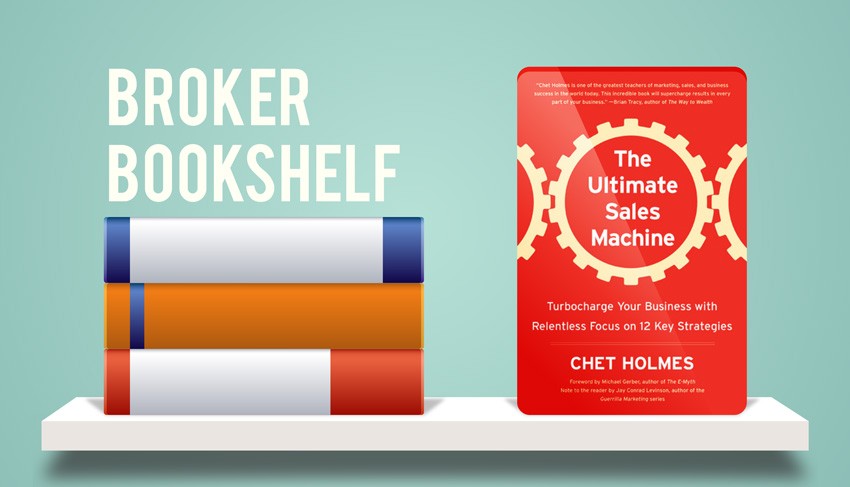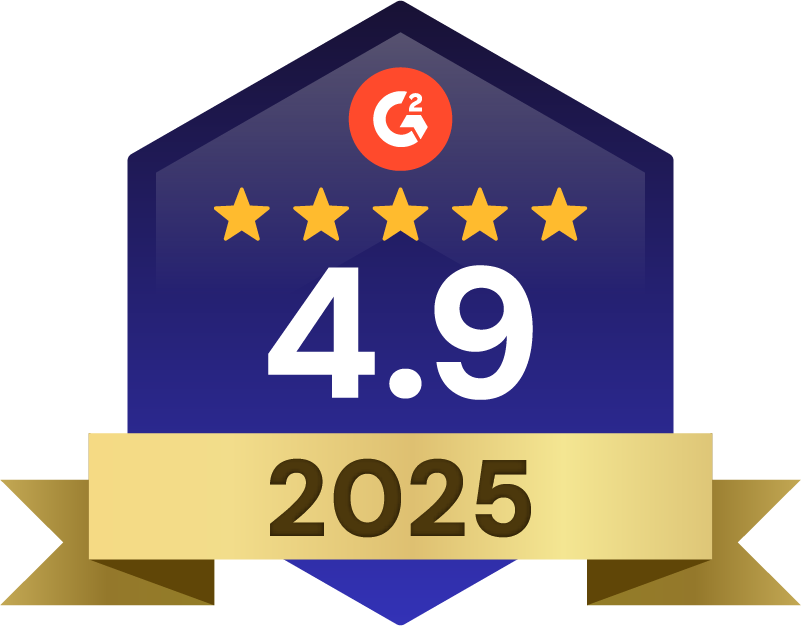Your time must be managed well as a Realtor. Your results are directly tied to your ability to get stuff done. If you are constantly distracted and not working on important things - you're obviously not selling many homes.
Lead Generation
As a realtor or brokerage owner, have you ever wanted to learn how to generate more leads and listings while having more automation in your business?
Most business owners (real estate included) find it difficult to delegate and build systems. This should be a priority – as doing so can provide you with more time to work on revenue generating activities. For some, however, this is just too difficult.
If you’ve ever faced the problems described above, this book is for you.
Rather than shooting off gimmicky sales techniques or psychological triggers to close a deal – Chet Holmes dives deep into creating a foundation for good business practices.
The book is separated into several key action areas and as a result, shows you the different spaces where your time investment sees a large impact.
The Business Impact Areas
There are a total of 12 key impact areas that Chet goes through in the book. Some do overlap, however. For simplicity sake, I’m going to summarize the book as follows.
- Productivity
- Training
- Sales & Press
- Relationships
Productivity in The Ultimate Sales Machine
I’ve read a fair amount of books on time management. I believe TUSM (for short) has one of the best fundamental summaries of minimizing lost hours and maximizing productivity that I’ve ever read.
This is extremely important to understand as a Realtor.
Your time must be managed well as a Realtor because you are not guaranteed a paycheck… Your results are directly tied to your ability to get stuff done. If you are constantly distracted and not working on important things – you’re obviously not selling many homes.
Eradicate “Got-a-Minute” Meetings
Chet explains that working in an office and having team members you delegate tasks to can leave you open to costly distractions. He proposes that you restrict team members from coming to you at any time of day.
Not only are unstructured meetings less direct and thus waste time… Those tiny distractions can throw off your focus.
It takes an average of 11 minutes to fully re-focus on a task after being interrupted. If you have 1 or 2 of these interruptions a day (most have more), it can add up to 100+ hours of senselessly wasted time per year. So what is the solution?
Meetings Structured on Impact Areas

Move away from unstructured “got-a-minute” meetings and into structured ones. The idea is that explaining new ideas throughout your team can take up a ton of time.
Ideas change as people brainstorm. This process is drawn out and time is wasted needlessly if you do this on an individual basis. Instead, break up your business into impact areas and their respective team members. When you gather everyone to discuss specific issues, you streamline the brainstorming and information distribution process.
Some impact areas you may focus on as a realtor or real estate brokerage are as follows:
- Buyers Agents
- Sellers Agents
- Marketing
- Admin/Office
- Customer Service
- Vendors/Affiliates
Chet explains that he narrowed his business down to a whopping 17 individual areas. He then had a weekly one hour meeting with the team involved in each area. That’s 17 hours worth of meetings! But you know what also happened? His job as a manager was practically reduced to that 17 hour block.
He got as much done in 17 hours as he usually did in a 60+ hour work week. This is because the team was able to streamline their communications and get their brainpower working together in one concentrated and structured meeting.
As you build your real estate career, you will have more team members you delegate tasks to. It’s important to understand how to communicate.
Streamlining Your Communications
The key to these “impact area” meetings working, is by maintaining what Chet calls pigheaded determination.
You need to be completely direct about what you expect of your team. Let them know that you are closing off all streams of communications in the certain periods of time you choose. I myself shut the drapes and turn off all forms of communication while I write. I also listen to classical which helps me think.
Tip: It may not be entirely feasible to shut off for 4-6 hours at a time. This is where Chet explains a good way to have the best of both worlds.
First, think of the times when you are typically most productive. For me, that’s usually mid-morning and late-night. With this in mind, I would close off comms. from 8-12PM and 6-9PM for example.
Within those closed off time frames, if they’re contacting it better be an emergency.
Touch it once.
Don’t get any cheeky ideas. This means that whenever you receive any type of communication, you respond to it immediately. Do not file away for later.
Chet explains that returning to items (much like being distracted by spontaneous meetings) can waste tens or hundreds of hours per year. It pulls you off task and focus. In order to avoid this time-suck, do not open emails or texts unless you have the intention of answering them immediately.
Side Note: Many people complain that they need to open the text or email to read it and see if it’s actually important. While this is a valid concern – it can be alleviated by implementing the right communications procedures.
For example: Using extremely specific email subject lines to convey urgency and the action that needs to be taken.
Making lists and planning.
Create a list of things you need to do each day. This helps you clarify your tasks. Make them as actionable as possible so that when you get to the task you know the very first step. I believe this last tip comes from Getting Things Done.
Determine the order of importance for your list. Give yourself some room and plan for 6.5 hours (per Chet’s recommendation) of work. Assign time to each task until it adds up to 6.5 hours. Plan your day, starting with the priority items first or during your most productive hours.
Relevant Tip: Chet suggests new salespeople spend at least 2.5 hours per day prospecting for new clients.
The Ultimate Sales Machine Training

The only way to develop mastery of a skill is through consistent exposure. For your real estate career – or brokerage if you are an owner, it’s important that you institute on-going training. Before getting into the actual strategy, here’s a quick passage from the book.
Some managers view training as an interference with “work” to be done. But think of the tale of the woodcutters:
Woodcutter A cuts wood all day. Woodcutter B keeps stopping and sitting down. At the end of the day, woodcutter B has three times more wood than woodcutter A. Woodcutter A asks: “How could this happen? You were resting all day!” Woodcutter B says: “I wasn’t resting. I was sharpening my saw.”
You should not be worried about the time investment. Just don’t use learning as a tool to avoid taking action.
Create a weekly or daily schedule where you plan to work on “impact areas” for training. As a realtor or brokerage, this may be prospecting or listing presentations. The below methods for training are what Chet says are the best for building the ultimate sales machine.
Workshops
Chet explains that businesses should “hold regular, highly productive, workshop-style meetings dedicated to improving every aspect of your business.” And that an organization should remain focused on the “three Ps” – planning, procedures, and policies.
You can work on improving training itself. As well as the systems in place for when you’re hiring and onboarding new team members. I think of Sam Carpenter’s “Off the street” principle. You want to have the procedures in place so that you can scale up quickly as your business grows and essentially step away.
Working on these things as a realtor or brokerage will allow you to focus on the income-producing work that you want to be doing. IE: Listing and selling homes.
Roleplaying
A lot of top producers talk about doing role-playing exercises. Even 30 minutes a day could help you see some serious returns.
Focus on the things that will have the highest return on your time investment. That will likely be content creation, other lead generation activities such as Advertising and listings presentations.
Hotseats
Hot seats are a great extension to Workshops. Once you narrow down the improved procedures for yourself and/or buyers and sellers agents in your office – work with them individually. Put them in the “hot seat” to drill down the smallest and most important details.
This will bring your team to expert status on your best practices.
Sales & Press

Chet suggests targeting – creating a dream list of smaller, more targeted lists and more likely buyers… He also recommends you focus on educational sales if you want to build the ultimate sales machine.
Target your buyers more precisely.
Real estate is a competitive business. Carving out a niche and growing your authority as a “hyper-local” expert is something we stress a lot in our content.
Not only is building a name as the expert in a specific niche easier – it also allows you to improve your marketing. A better message, more targeted; and for that reason usually better leads.
By niching down you can:
- Get your list of prospects down to a much more manageable number.
- Hit them up constantly with a phone call or email.
- Produce hyper-local, specific and valuable content.
Chet describes one realtor in his neighborhood who focused her efforts on a “dream neighborhood” with 2,200 upscale homes. Each month, she sent a simple mailer with a list of homes sold in this area and their selling prices. This is an excellent way to educate your market. We’ll cover that in the next point.
Chet actually ended up listing with this real estate agent. At .60 cents per flyer, a single million-dollar listing per year more than paid for the $1,320 per month spent on fliers. (And she was selling much more than one.)
Educate your market.
Leverage education to grow trust with your prospects. You can do this with both sales and press. Focus on educating your consumers around your market rather than selling your services. Above is a great example of educating a market.
Chet also believes educational content is better for press and your (listing) presentation.
Craft a consistent marketing message.
Connect your marketing efforts and be consistent across your channels of promotion. Don’t use anything in a vacuum. Create the same message and re-use it over different material.
This helps build brand awareness and association.
As per the 22 Immutable Laws of Marketing – you can use this consistent message to solidify a “word” in your prospects’ minds. For AgentFire, we focus on “Hyper-Local.” As a realtor or brokerage you may want to pick something like luxury, affordable or quality and use that word frequently in your marketing material.
Relationships
The idea that Chet tries to get across is that if you build real friendships with your clients, you’ll be the only realtor they ever deal with. And they’ll refer you to all of their friends who need realtors.
That’s why you need to cross the threshold from a service provider to acquaintance.
There are tons of ways to do this. In summary, bring them into your personal life: Do things you’re passionate about together, host dinners, invite them out to events etc. If you want more info on building relationships, look out for my Broker Bookshelf review of Never Eat Alone.
P.S – Today (as I write this article), I’m hosting a dinner myself. I’ve made a ton of good friends around the dinner table.
In Conclusion
This book is amazing for learning the fundamentals of good business practices. Remember, don’t think about gimmicks or fast tracks. They never work.
Instead – focus on these impact areas. Make sure you are optimizing your productivity. Consistently train yourself and team. Work together to develop better processes and systems. Then apply it to a good sales and marketing strategy. Educate your consumers to build your authority and drive more listings.
Real estate is a competitive business.
Make sure you’re ahead of the other realtors and brokerages out there so that you can build the ultimate sales machine you’re looking for.






